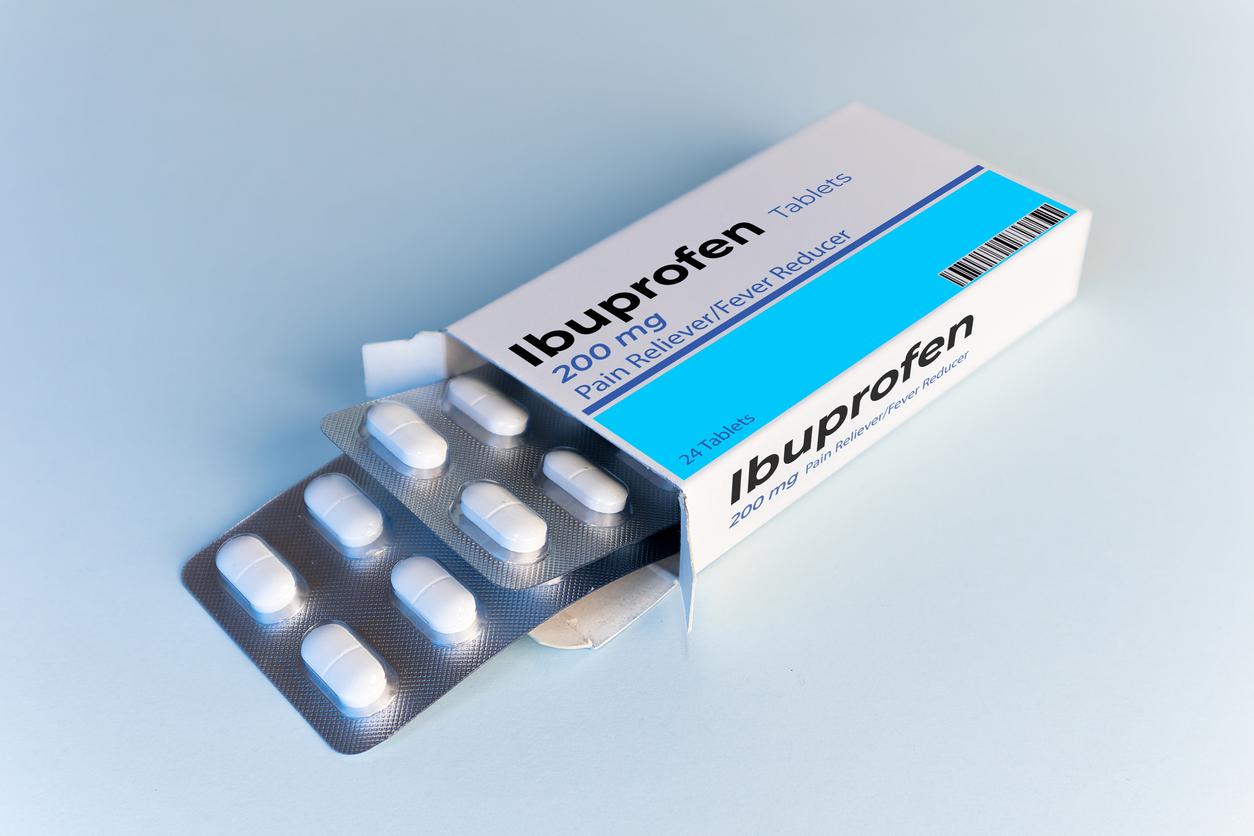People with obesity are 34% more likely to be infected with Covid-19, a new study finds.

- Obese patients exposed to SARS-CoV-2 are 34% more likely to be infected than people of healthy weight.
- Which confirms that obesity is a significant risk factor for the disease.
- For researchers, early identification of at-risk populations is crucial to slowing the spread of Covid-19.
Soon after the start of the Covid-19 epidemic, health professionals noticed that obesity was a risk factor for the disease. More than four years later, this risk of infection is known more precisely.
Obese patients exposed to SARS-CoV-2 are 34% more likely to be infected than people of healthy weight, according to a study from Brigham and Women’s Hospital affiliated with Harvard Medical School.
SARS-CoV-2: increased risk of infection for obese people
“Although evidence has linked obesity to severe COVID-19 symptoms, the effect of obesity on susceptibility to SARS-CoV-2 infection remains unclear.”the researchers explain in their article published in the August issue of the journal PNAS Nexus.
To shed light on this phenomenon, the team compared the susceptibility to infection of 72,613 obese and non-obese adult and adolescent patients. The latter had tested positive for Covid-19 or had been in contact with cases between March 2020 and January 2021. 33.7% of the participants were obese. That is, their BMI was greater than 30.
Data analyses revealed that obese patients were 34% more likely to develop Covid-19 than their healthy-weight peers, regardless of age or gender.
The authors add: “This indicates that obesity is not only a risk factor for worse outcomes, but also increases the risk of infection upon exposure. Early identification of these populations will be crucial to curbing the spread of this infectious disease.”

Covid-19: why are obese people more susceptible to the virus?
In their article, the scientists attempted to explain the origin of the increased risk of infection for obese people based on the scientific literature.
“The presence of large amounts of adipose tissue in obese people could explain the increased severity and susceptibility to infection”they say. They also suggest that a “Altered metabolic state of immune cells in cardiometabolic vascular disease could contribute to COVID-19 susceptibility”.
According to them, further studies will be needed to better understand the mechanisms involved and potentially identify drug targets to combat the infectivity of SARS-CoV-2.


















